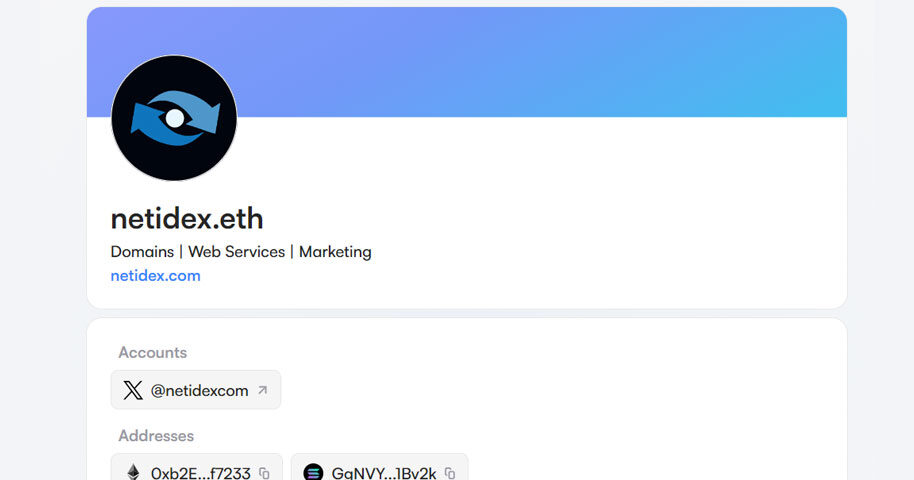Understanding a web stack is key for anyone looking to create a website or web app, as they determine how your project is built, how it performs, and how it grows over time. In this article, we’ll break down what a web stack is, its main components, how to choose the right one, and explore some popular examples.
Internet
.NET: The Forgotten Domain Extension That’s Perfect for AI

In the age of AI hype, every startup and tech visionary seems to be chasing the latest and greatest domain ending with .ai. But while everyone’s flocking to the AI-specific TLD, one powerful contender is quietly overlooked: .net. Not only does it carry historical weight, but it also offers unique advantages in the era of artificial intelligence—advantages that many .ai domains simply can’t match.
Domain Authority 101: What Every Website Owner Should Know

Domain Authority measures a website’s credibility and influence within its niche. Several factors contribute to a website’s Domain Authority, and understanding these elements can help improve your websites search engine ranking potential.
Don’t Get Fooled by Lookalike Domains: A Cybersecurity Wake-Up Call

Hackers are getting smarter, but with a little caution, you can stay one step ahead. Lookalike URLs are a clever trick, but they rely on you overlooking the details. By slowing down, inspecting links, and practicing good cybersecurity habits, you can protect yourself from falling into their traps.
The Growing Value of Domain Names as an Asset Class

The acquisition of high-value domain names is no longer just for tech giants and startups—it is a growing trend among businesses of all sizes, as well as individual investors. As more companies recognize the value of owning a premium domain, the market for domain names continues to mature, offering both practical and financial rewards.
QR Codes Gone Wrong: The Threat of Quishing Attacks

QR codes have become a convenient tool in everyday life, appearing in menus, advertisements, and various applications. However, their widespread use also makes them a prime target for attackers. Users often scan QR codes without considering their sources, making them more likely to fall victim to scams.
ENS Essentials: How to Set Domain Records and Create a Brand Profile

Ethereum Name Service (ENS) stands as a powerful tool, offering users the ability to simplify interactions with blockchain addresses through human-readable names. By leveraging the Ethereum blockchain, ENS ensures greater security, transparency, and resistance to censorship compared to traditional systems.
Is It Worth Running Your Own Nameserver? Here’s What You Need to Know

Deciding whether to run your own nameserver depends on your needs, resources, and technical expertise. For most people, the convenience and reliability of using a domain registrar's DNS management services outweigh the benefits of running their own nameserver. The cost, technical knowledge required, and ongoing maintenance are significant considerations that can make this task daunting.
Moving Your Website to a New Domain? Consider the Following…

Transitioning your website to a new domain is akin to an office moving to a new physical location—it can elevate your brand but requires careful planning to avoid pitfalls. Consider factors such as protocol, website size, backlink profile, and your coding ability when deciding on a redirection strategy.
Unlock the Power of Google Chrome with These Hidden Features

You’re probably already familiar with Google Chrome, one of the most popular web browsers available today. But did you know that Chrome has a built-in set of tools that can help you inspect, debug, and optimize web pages and applications? These tools, known as the Chrome DevTools, are a powerful resource for developers and can help you streamline your workflow and become
